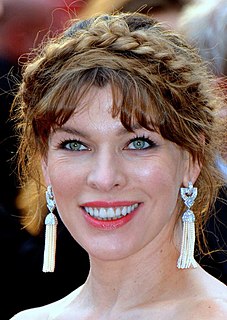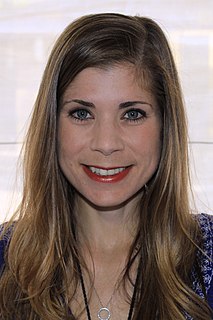A Quote by Rabih Alameddine
We seem, particularly over here in the West and in America in particular, to have forgotten that we are, in large measures, the story we tell ourselves about ourselves.
Related Quotes
Property is, after all, a social convention, an agreement about someone's exclusive right to use a thing in specified ways. However, we seem to have forgotten this. We seem to think that property belongs to us in some essential way, that it is of us. We seem to think that our property is part of ourselves, and that by owning it we therefore make ourselves more, larger, greater.
In America, the stories we tell ourselves and we tell each other in fiction have to do with individualism. Every person here is the center of his or her own story. And our job as people and as characters is to find our own motivations and desires, to overcome conflicts and obstacles toward defining ourselves so that we grow and change.
We all have different desires and needs, but if we don't discover what we want from ourselves and what we stand for, we will live passively and unfulfilled. Sooner or later, we are all asked to compromise ourselves and the things we care about. We define ourselves by our actions. With each decision, we tell ourselves and the world who we are. Think about what you want out of this life, and recognize that there are many kinds of success.
It is difficult to see ourselves as we are. Sometimes we are fortunate enough to have good friends, lovers or others who will do us the good service of telling us the truth about ourselves. When we don't, we can so easily delude ourselves, lose a sense of truth about ourselves, and our conscience loses power and purpose. Mostly, we tell ourselves what we would like to hear. We lose our way.
Almost everywhere we find . . . the use of various coercive measures, to rid ourselves as quickly as possible of the child withinus--i.e., the weak, helpless, dependent creature--in order to become an independent competent adult deserving of respect. When we reencounter this creature in our children, we persecute it with the same measures once used in ourselves.
The stories we tell ourselves about ourselves are very often not really what happened. And as I started to write stuff down, I started to challenge what I thought I knew about myself, my culture, my family, all of it. It was a huge, destroying process that completely took over my life. I just wasn't here, I mean I was physically present, but I wasn't here, I was back in the 1980s.







































